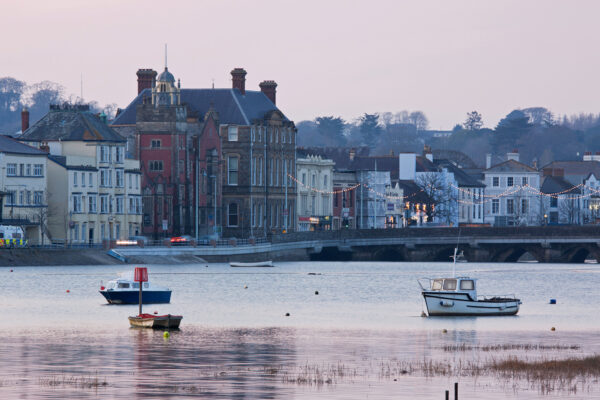
Britain’s general election result confirms that the political divide in the country has shifted from the traditional left versus right to what I call “blue” versus “red”.
It was Andrew Sullivan who came up with the terms to argue that European politics were starting to mimic America’s culture wars.
Now The Economist makes the same argument.
The Conservatives used to be the party of the well-off and Labour the party of the working class.
But look at the electoral map through that prism and the picture looks confused:
The Tory Party has held onto its wealthy heartlands in the rural shires. It has lost other rich areas in the cities, such as Battersea in London. It has also increased its vote share in some working-class areas and taken some traditional Labour seats such as Derbyshire North-East and Stoke-on-Trent South. The Labour Party has made striking advances in some wealthy places: London and several other cities, particularly university towns. It has had a more mixed performance in working-class areas.
The result makes more sense when we look at voters’ values.
The Tories have been the party of old-fashioned British values: patriotism, self-determination and suspicion of foreigners — especially when they are trying to tell them what to do.
This has united middle-class voters in the shires with older working-class voters in the postindustrial north.
Labour, meanwhile, has been the party of cosmopolitan values: multiculturalism, compassion, dislike of Brexit.
This has united Britons who might otherwise have little in common: devout Muslims in Perry Barr, Birmingham; struggling students in Newcastle; millionaire human-rights lawyers in Islington; train drivers in Dagenham.
Homogenous
We saw this divide open up around the time of the EU referendum, as I reported here at the time. But the Conservatives and Labour were split then. The former had a powerful cosmopolitan faction led by David Cameron and George Osborne; social democrats in the latter resisted Jeremy Corbyn and the hard left’s takeover of the Labour Party.
Now the two are more homogenous. Cameron and Osborne have gone. Corbyn saw off a leadership challenge and looks more secure than ever.
Polarization is politically convenient for both parties. The Conservatives have been able to cannibalize the United Kingdom Independence Party in this election. Labour has grown at the expense of the Greens and Liberal Democrats.
But it has risks for Britain’s stability.
Dangerous path
The Economist points out that America’s culture wars have divided the country into tribes that won’t even speak to each other.
It has made it more difficult, and sometimes impossible, to enact budget laws and do major policy reforms.
And it has led to a decline in the quality of political life: the Republican Party’s enthusiasm for using cultural issues to recruit downscale voters has led inexorably to Donald Trump, a president who thrives on dividing the country and indulging in cheap demagoguery.
Britain may be taking its first steps down a dangerous path.
